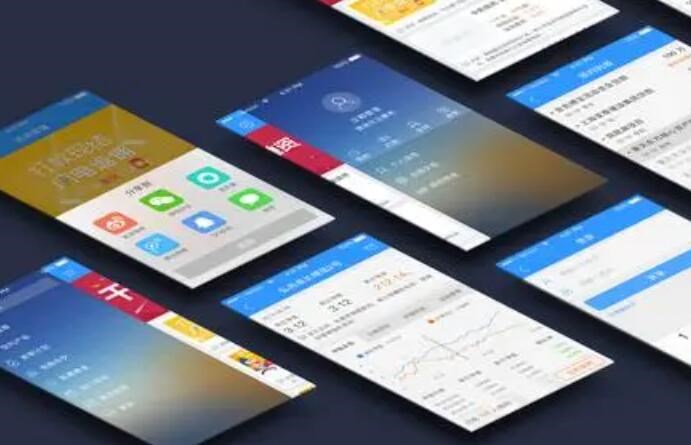中文化、本土化、云端化的在线跨平台软件开发工具,支持APP、电脑端、小程序、IOS免签等等
App Development: An In-depth Introduction
Introduction:
With the rapid advancement of technology, mobile applications (apps) have become an integral part of our daily lives. From social media platforms to productivity tools, apps have transformed the way we communicate, work, and entertain ourselves. In this article, we will provide a comprehensive overview of app development, focusing on the principles and detailed process involved.
1. Understanding App Development:
App development is the process of creating software applications that run on mobile devices, such as smartphones and tablets. These apps are designed to provide specific functionalities and cater to the needs of their target users. There are two main types of apps: native apps and web apps.
2. Native App Development:
Native apps are developed specifically for a particular mobile platform, such as iOS (Apple) or Android (Google). They are built using programming languages and development tools that are specific to the platform. Native apps have the advantage of utilizing the full power of the device's hardware and operating system, resulting in better performance and user experience.
The development process for native apps typically involves the following steps:
- Idea generation: Identify the problem or need that the app will address and define its key features.
- Design: Create wireframes and prototypes to visualize the app's user interface and user experience.
- Development: Write the code using programming languages such as Swift or Objective-C for iOS, and Java or Kotlin for Android.
- Testing: Conduct thorough testing to ensure the app functions properly and is free from bugs.
- Deployment: Submit the app to the respective app stores (App Store for iOS, Google Play Store for Android) for approval and distribution.
3. Web App Development:
Web apps, on the other hand, are accessed through a web browser and do not require installation on the device. They are developed using web technologies such as HTML, CSS, and JavaScript. Web apps are platform-independent and can run on any device with a web browser, making them more accessible to a wider audience.
The development process for web apps generally involves the following steps:
- Idea generation: Identify the problem or need that the app will address and define its key features.
- Design: Create wireframes and prototypes to visualize the app's user interface and user experience.
- Development: Write the code using web technologies such as HTML, CSS, and JavaScript.
- Testing: Conduct thorough testing to ensure the app functions properly across different browsers and devices.
- Deployment: Host the web app on a web server and make it accessible to users through a URL.
4. Tools and Frameworks:
App development is facilitated by a wide range of tools and frameworks that streamline the development process and enhance productivity. Some popular tools and frameworks include:
- Integrated Development Environments (IDEs): Xcode for iOS development, Android Studio for Android development, and Visual Studio Code for web app development.
- Frameworks: React Native, Flutter, and Xamarin for cross-platform app development, and Angular, React, and Vue.js for web app development.
5. Continuous Learning and Improvement:
App development is a rapidly evolving field, and developers need to stay updated with the latest trends, technologies, and best practices. Online courses, tutorials, and developer communities can provide valuable resources and opportunities for learning and collaboration.
Conclusion:
App development is a dynamic and exciting field that offers endless possibilities for creating innovative and impactful applications. Whether you choose to develop native apps for specific platforms or web apps for broader accessibility, understanding the principles and processes involved is essential for success. Continuous learning and improvement are key to staying relevant and delivering high-quality apps in this ever-changing landscape.





